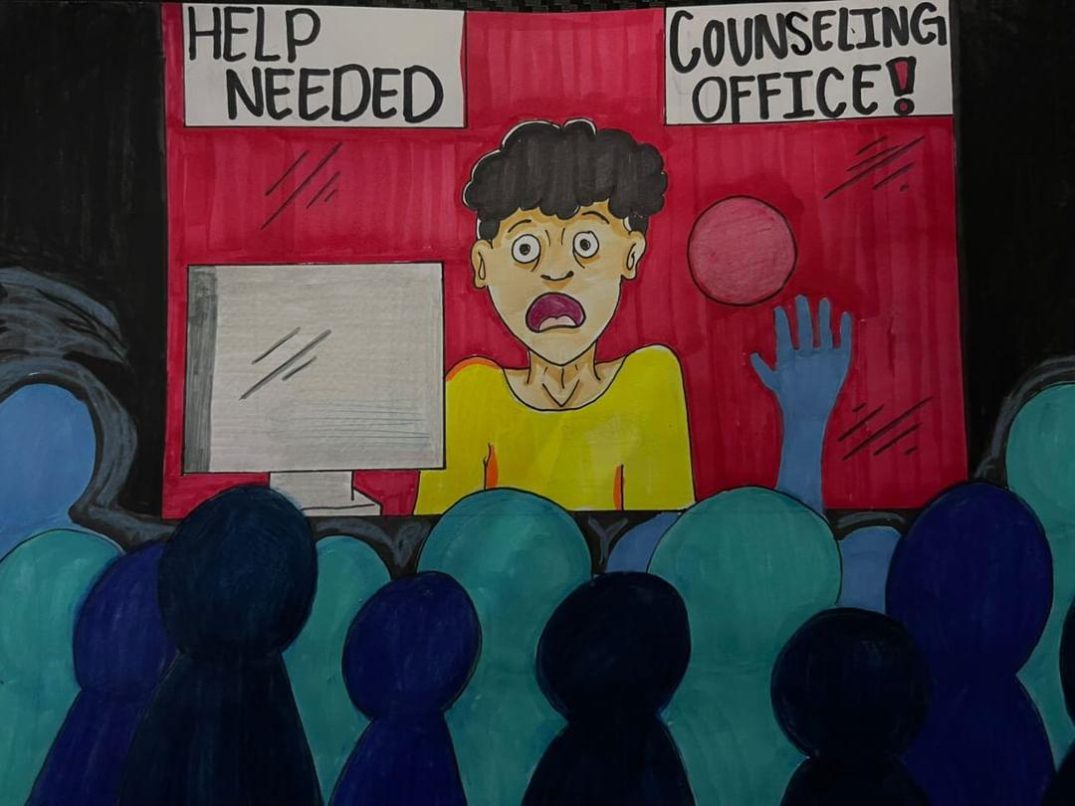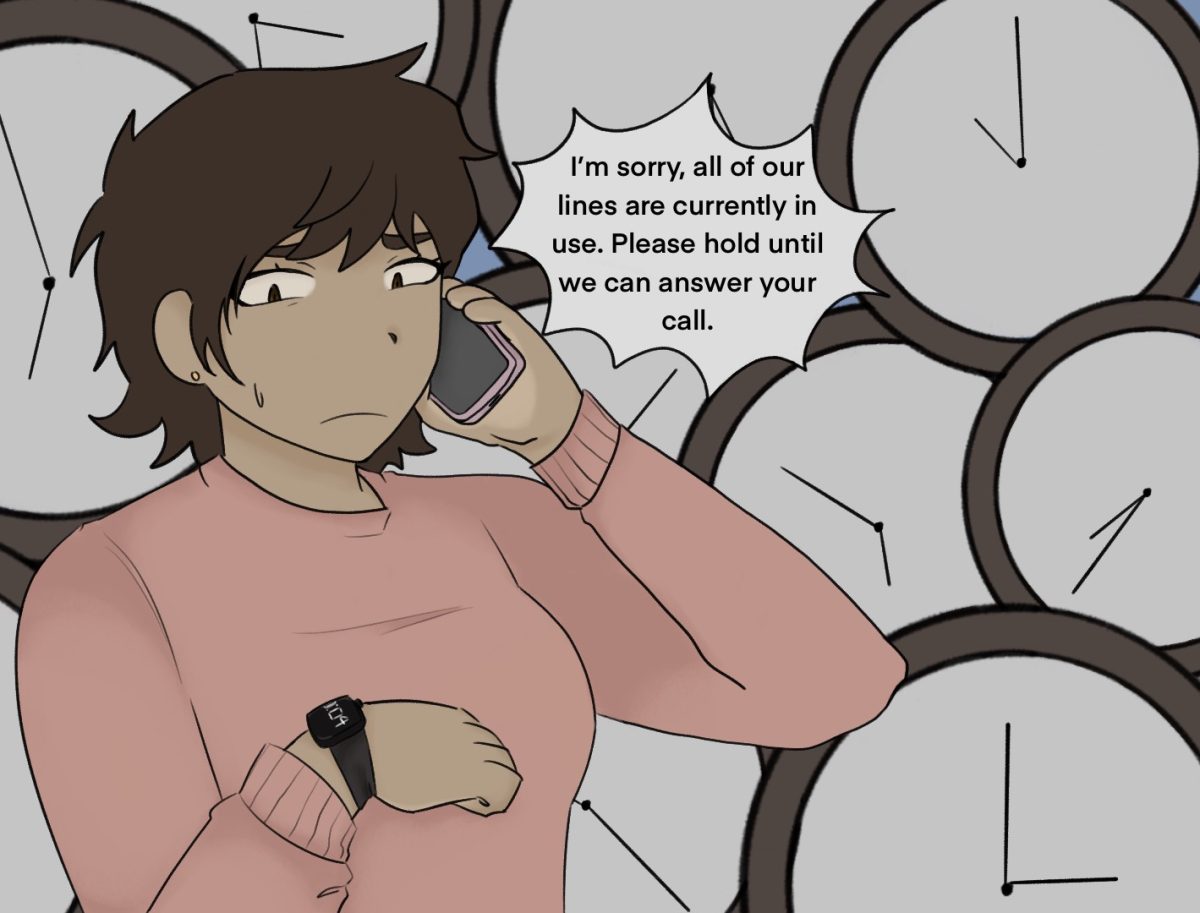We have grown up in a generation where swearing and using foul language has influenced us, whether it’s through the music that plays on the radio, in television shows and movies that we watch, advertisements, or the environment that has surrounded us for years.
Our parents come from a generation where social networking wasn’t booming as it is now and were taught not to use vulgarity.
But of course, through exposure to the media and the colorful world around us, many of us have picked up a few “four-letter words” that would make our mothers blush.
In our constantly moving, high-stress world where many students are taking classes full-time and also working part-time or more, sometimes we just need to blow off steam, and profanity lets us express that frustration.
Studies show that bad language can actually be good for our health and researchers have conducted studies for why individuals swear.
Students participated in an experiment where they had to leave their hands in cold water where given the choice to either use bad words or not.
Those students who used vulgar language reported less pain than those who didn’t, according to an article published on the Scientific American website.
In addition, a psychologist at the Massachusetts College of Liberal Arts states that using bad words allows us to “express our anger and experience joy and happiness at the same time.”
Of course, profanity has a time and place. Writing a paper at 5 a.m. when it’s due at 7 a.m. is an appropriate time to curse. Your family trip to Disneyland, however, probably isn’t the best venue for your most colorful vocabulary words.
The more college homework students are exposed to or the amount of extracurricular activities held accountable during the semester, the more stress levels rise.
With that comes an adrenaline boost to push that extra mile to get the grade necessary to graduate or transfer to a four-year university. Letting a curse word slip every now and then is acceptable under all that pressure.






